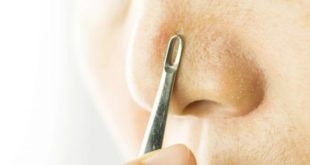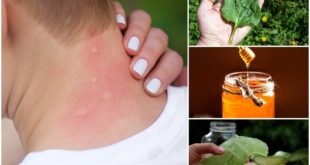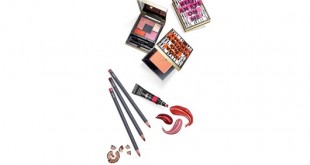Old wives tales and mis-information about skin care have been passed along by word of mouth and the internet. Check out these five skin care myths and discover the truth behind some of skin care’s most misrepresented facts!
A woman’s menstrual cycle can cause acne to appear
TRUE: Have you ever had or seen a friend with a giant pimple that seems to come out of nowhere? It could be due to her menstrual cycle. Right before and during the time a woman’s egg is released her body will experience high levels of hormones which can cause high production of oil glands and acne bacteria in the face.
Dermatology tested’ means a product is great for your skin
FALSE: I’m sure you have heard this term in numerous skin care product commercials. Many claim to have been dermatology tested, but what does that mean? These commercials never mention who has tested it, how many people it was tested on, or what the results were. Look into a product more, by researching it online and reading the ingredient label.
The best way to get rid of a pimple is to pop it
FALSE: Although you may want to get rid on an unsightly pimple as fast as possible, popping it is not the best option. Popping pimples can cause damage to the skin and can leave acne scars or dark spots. The American Academy of Dermatology reports that scars occur when the body produces too much or too little collagen during the healing process.
Using butter on a burn will help it
FALSE: As a kid growing up, any time I would get a burn, my grandmother would say “hurry, put some butter on it.” Although I’m not sure where this home first aid remedy originated from, the truth is, putting butter on a burn can actually make it worse because the grease can trap heat inside the particular area.
Running cold water on a burn in your first line of defense
FALSE: A 2013 study in the Journal of Plastic, Reconstructive & Aesthetic Surgery found that using warm water would be effective for burns to prevent blistering. “The application of warm water provided an additional benefit by improving the microcirculatory perfusion, which translated into increased tissue survival,” study authors said.
Source: Health Central
 We are sharing information for knowledge. Presented by. SocialDiary.Net
We are sharing information for knowledge. Presented by. SocialDiary.Net









